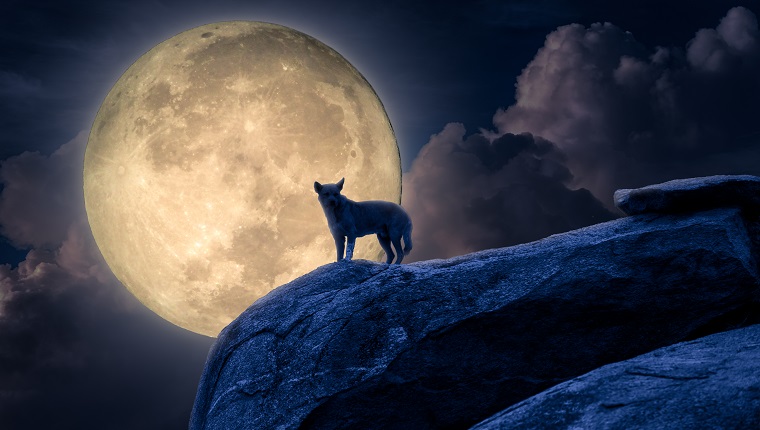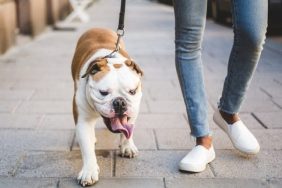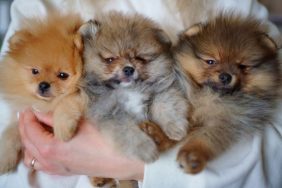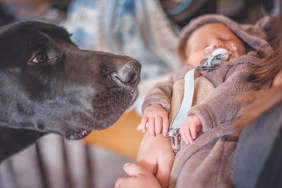This year marks the 52nd anniversary of Neil Armstrong’s first small step on the surface of the moon, leaving the first human footprints on some place other than our home planet. But that big, glowing rock in the sky is just as perplexing as ever for our canine friends.
Howl At the Moon Day happens on October 26th, so maybe your dog’s fascination with…









